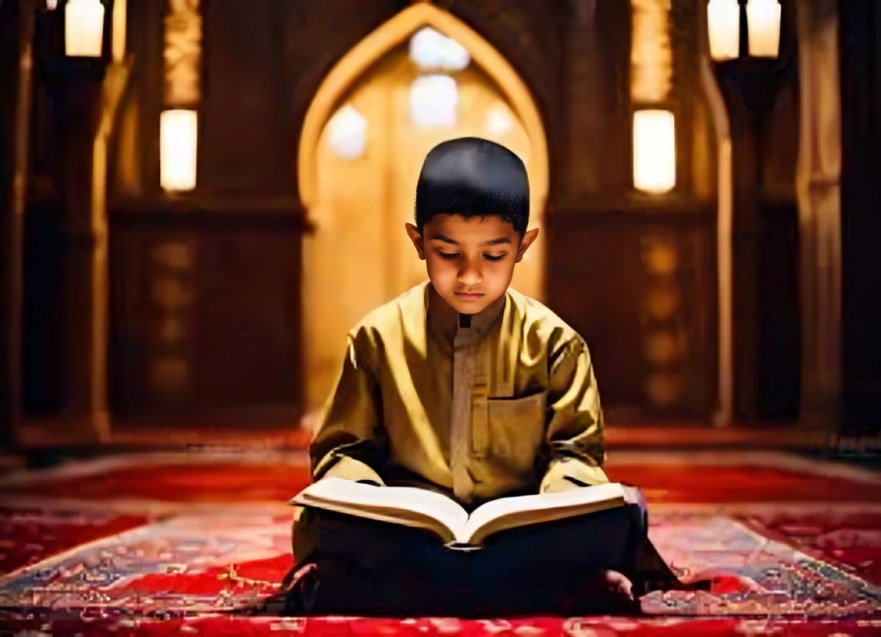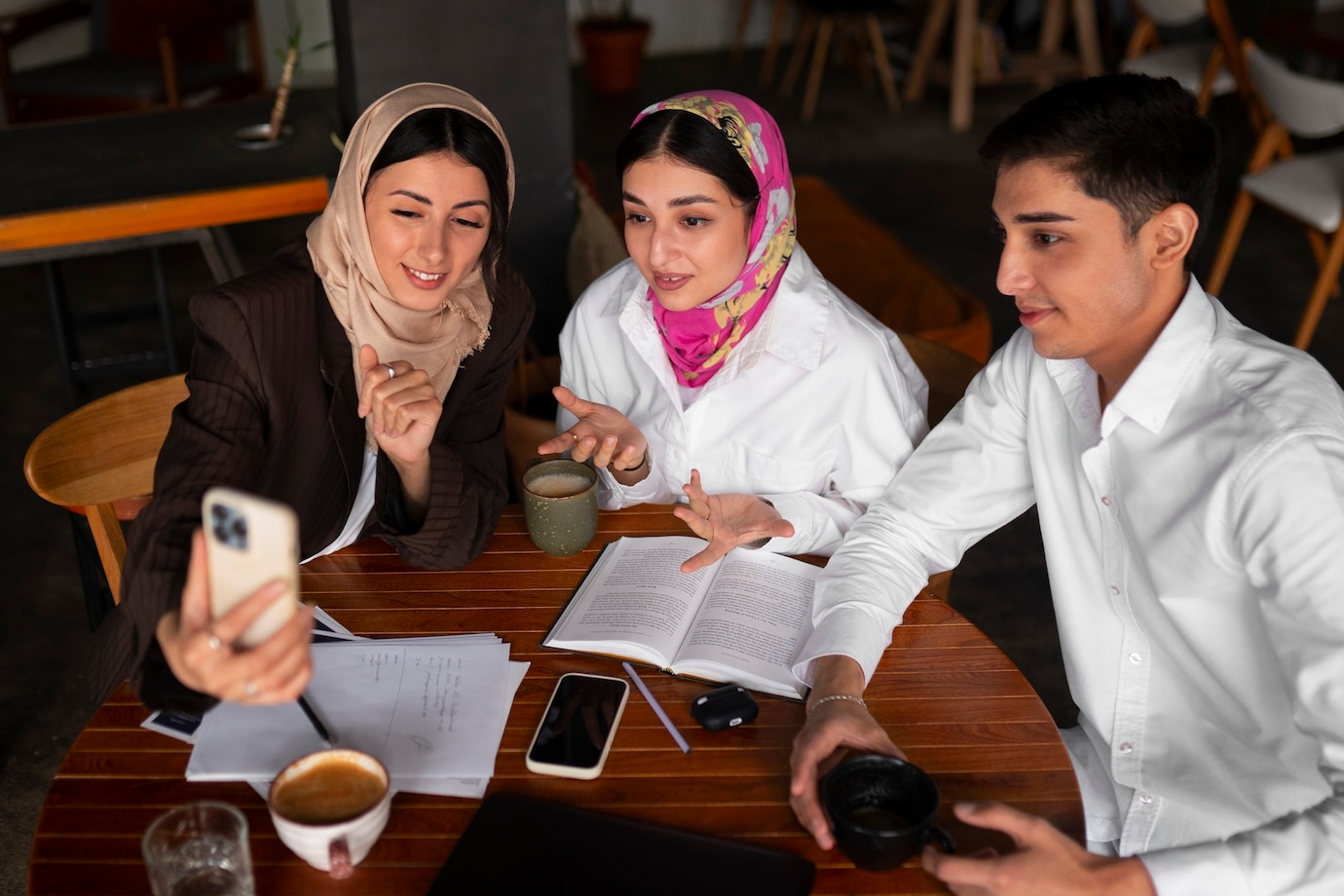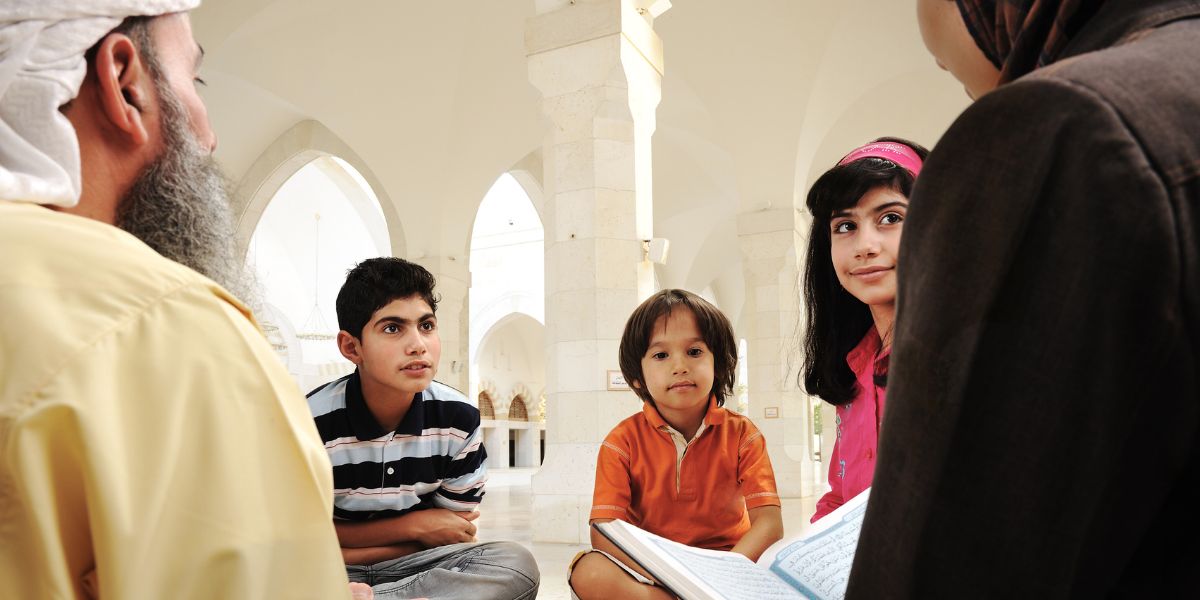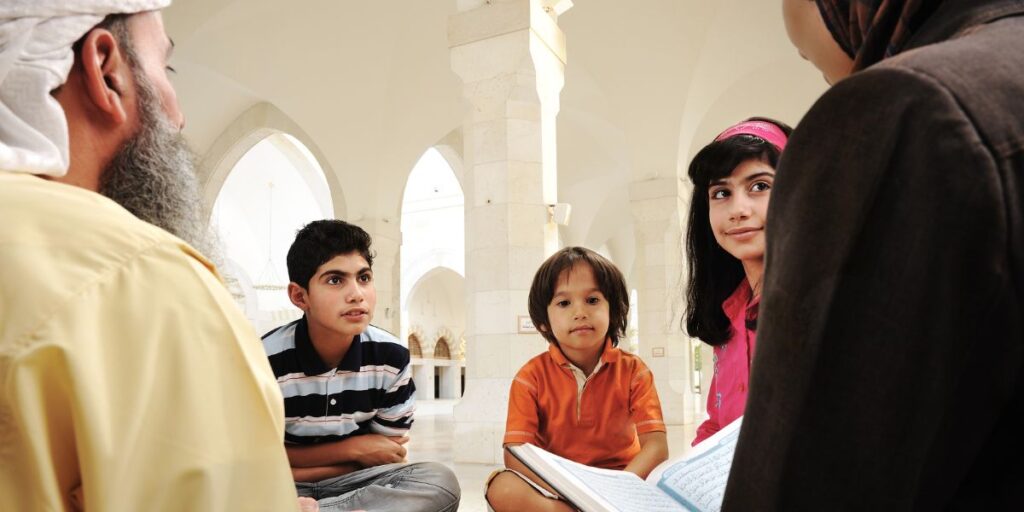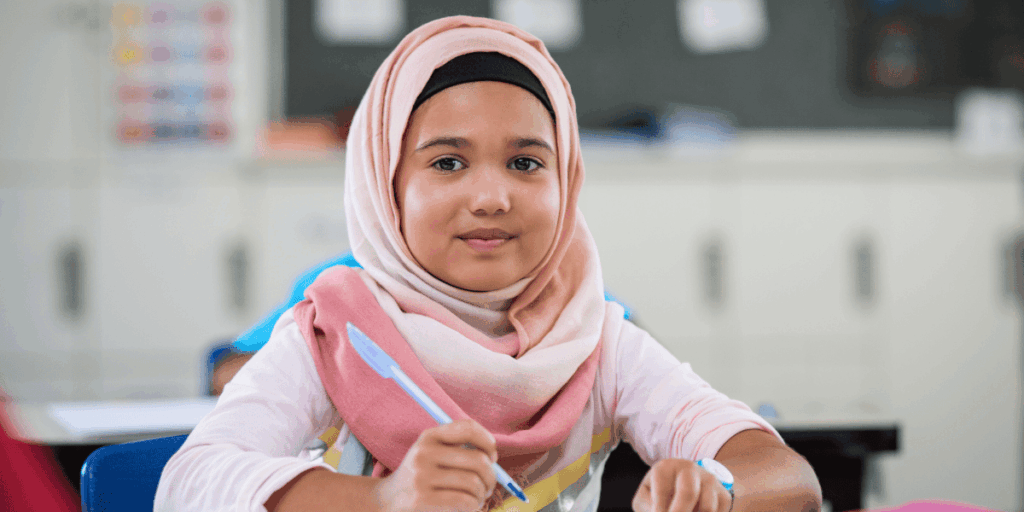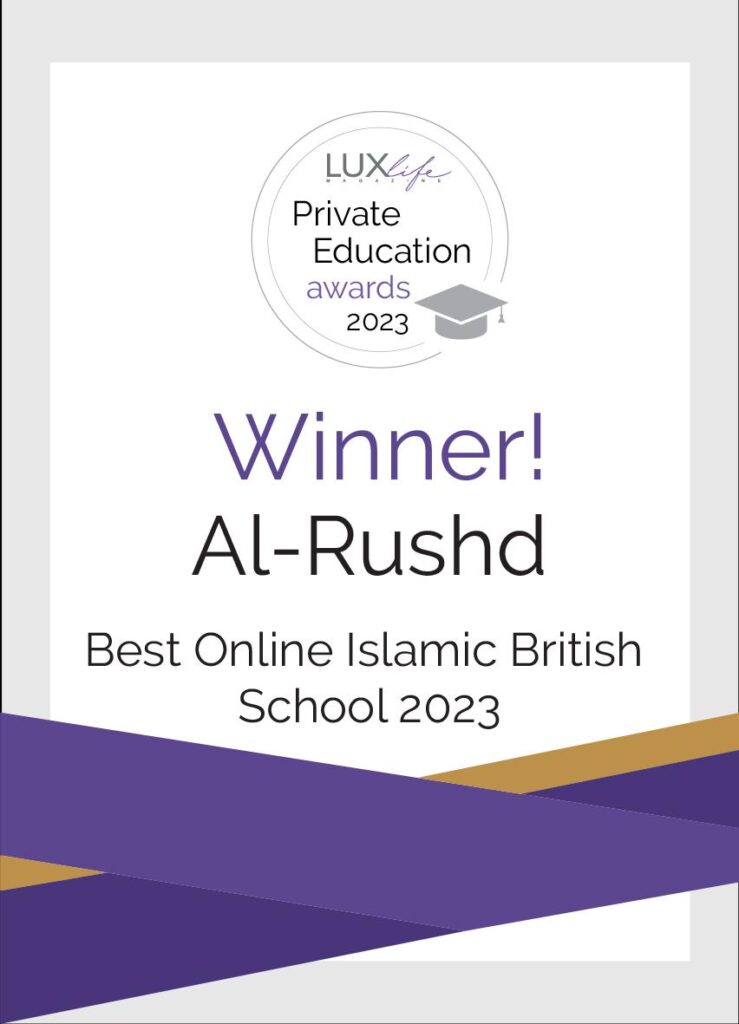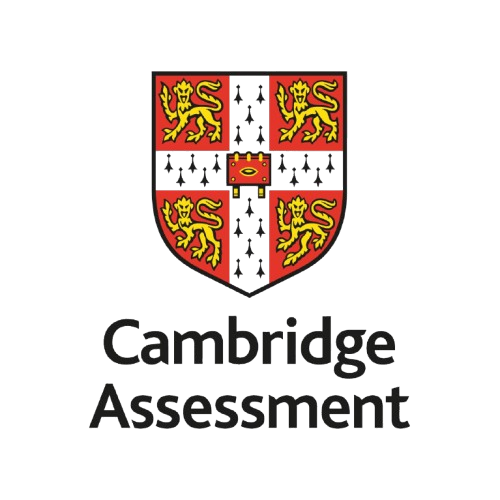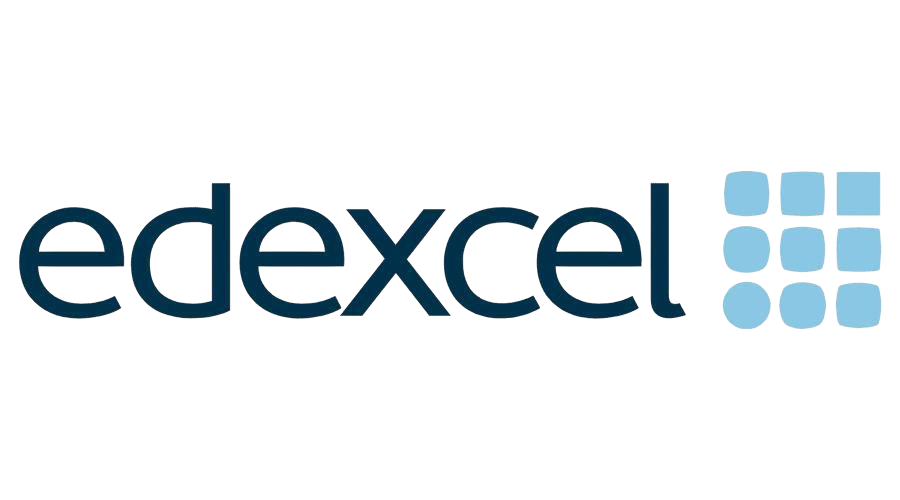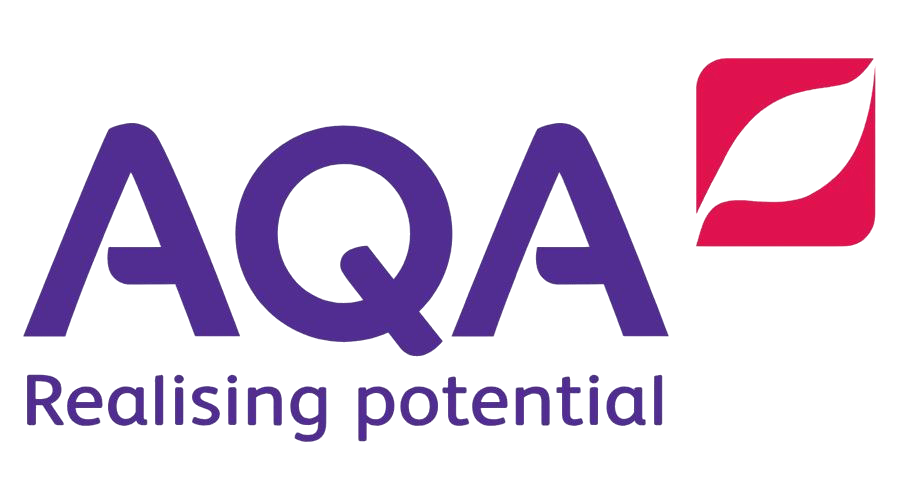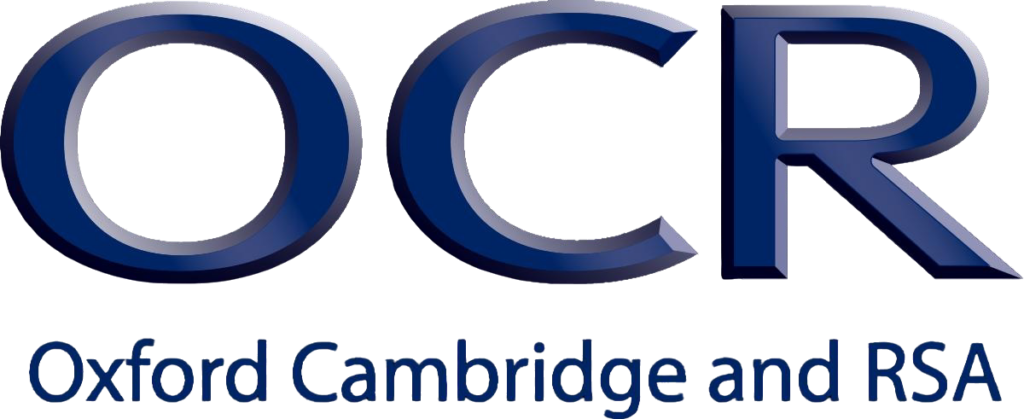A child’s heart and brain are formed by the lessons they take on as they grow up. Teaching Muslim families both worldly knowledge and faith from the start is critical. The Islamic preschool curriculum, therefore, proves very helpful. Not just about the ABCs and 123s. It is about binding little brains to Allah, leading them away from evil, and caring for them in a loving and values-based manner.
Kindergarten Islamic studies classes include early childhood education with faith-based teachings. Covering key areas such as reading, writing, and mathematics, it allows parents to introduce their children to Islam. This blog describes what an Islamic curriculum is, why it is essential, particularly in a preschool or homeschool setting, and how you may start constructing one for your child.
What is an Islamic Curriculum?
An Islamic curriculum is a systematic course of teaching aiming to instill Islamic beliefs as well as intellectual understanding in young people. In the early years, this is frequently expressed as an Islamic preschool curriculum. It is intended for children aged three to six years old and blends Islamic concepts with more general information. Along with Quranic stories, simple duas, good manners (Adab), and daily Islamic activities, this includes the alphabet, numbers, shapes, and colours.
It goes beyond simply including Islam in a conventional syllabus. It is about integrating faith into daily instruction. Science or nature topics may be tied to Allah’s creation. For example, instead of just teaching the alphabet, a lesson may link each letter to an Islamic word, such as “A is for Allah.” This allows children to comprehend how intimately everything in life is related to their Creator.
Many Islamic preschool courses include engaging hands-on activities such as simple Quran memorisation, crafts, storytelling, and nasheeds. These activities keep learning grounded in religion and help make it enjoyable. Building on this, the kindergarten Islamic studies course provides structured instruction in the Quran, Seerah, Hadiths, and foundational Islamic knowledge appropriate for a five-year-old.
An Islamic curriculum primarily combines academic teaching and spiritual development. It is not only what is taught, but how it is taught—with love, patience, and intent. This is a fantastic choice for Muslim parents who want to guide their young children in terms of both education and faith.
Why is an Islamic curriculum meaningful?
Early in a child’s existence, the brain absorbs everything around them like a sponge. These are also the years in which their ideals and personalities undergo significant evolution. As a result, choosing a suitable preschool homeschool curriculum becomes critical. Selecting an Islamic curriculum establishes a foundation of faith that will serve you throughout your life.
An Islamic preschool program clarifies children’s identities and backgrounds. It teaches about Allah, the Prophet Muhammad (peace be upon him), and what it means to be a moral Muslim. These are part of the child’s identity, not just religious facts.
This type of instruction, especially in non-Muslim environments, helps young people feel confident in their beliefs. It teaches children to treat others with respect and kindness, while also providing them with the ability to distinguish right from wrong.
An Islamic studies curriculum is also beneficial for kindergarten students since it strengthens the bond between parent and child. In a homeschooling atmosphere, parents serve as their children’s first teachers. This presents an excellent opportunity for us to grow spiritually together.
Homeschooling a five-year-old using an Islamic curriculum helps Muslim families in the UK and worldwide bridge cultural gaps. It ensures that the child is both spiritually and academically prepared. Many parents have found that this strategy helps their children develop better focus, morals, and a love of study.
Core elements of an Islamic prescriptive curriculum
A preschool Islamic curriculum incorporates all of the disciplines that a young child requires while also upholding Islamic principles. These are the primary elements:
1. Qur’an and Memorization
Children are taught brief surahs such as Al-Fatiha, Al-Ikhlas, and Al-Nas in the Qur’an before memorising them. Images, melodies, and repetition are used to assist students in recalling key concepts. Memorising also improves heart strength and attentiveness. Daily recitation practices help children develop discipline and a love for the Qur’an. The significance of the surahs and stories may become clearer to older children.
2. Islamic Studies
Islamic Studies teaches fundamental understanding about Allah, the Prophet (pbuh), and what it means to be a Muslim. Children learn about the five pillars, daily duas, good deeds, and basic Islamic history from simple stories and interesting lectures. Halal and haram are among the topics covered, as are the importance of prayer, sanitation, and polite manners.
3. Arabic Language
Even young toddlers can start learning the Arabic alphabet and basic vocabulary. Sound and recognition take centre stage. Children learn the Qur’anic language through enjoyable games, flashcards, rhymes, and tracing activities. It is beneficial to teach Arabic vocabulary for everyday objects, family members, and Islamic words such as “As-salamu alaykum.”
4. Moral and character development (Adab and Akhlaaq)
Islamic instruction places a high value on good behaviour. Children learn manners, welcome others, share, and speak respectfully, among other things. Daily rituals, storytelling, and role-playing all serve to convey these concepts. Early education of humility, honesty, patience, and thankfulness establishes a solid moral foundation.
5. Literacy and Numeracy
Numeracy and literacy are essential components in Islamic education. Using materials that symbolise Islamic concepts, children learn the alphabet, phonics, fundamental reading, counting, shapes, and patterns. Counting prayer beads, matching letters to Islamic language, and spelling out words like “masjid” and “salah.”
6. Arts, Crafts, and Creativity
Children can express what they have learnt through creative arts, crafts, and design. Painting, drawing, making Ramadan lanterns, and writing Arabic letters are some of the activities offered. These projects reinforce concepts and make learning more enjoyable. Projects may also require Eid cards, Prophet storybooks, and morality banners.
7. Life Skills and Practical Knowledge
Daily classes cover daily skills and practical information for routine tasks, including dressing, cleaning, and eating with the right hand. These life teachings are linked to Islamic methods, which help children learn gratitude and responsibility. Teaching hygiene, how to perform wudu (ablution), and caring for others builds confidence and independence.
8. Nature and Science with Faith
Nature and Science with Faith, which connects the wonders of nature to Allah, includes walks, gardening, and basic scientific experiments. Observing how seeds grow, for example, and exclaiming, “Subhan Allah,” at the glories of creation. Children can examine seasons, animals, plants, and the solar system, connecting each discovery to divine creation.
How would you choose an Islamic Studies curriculum for kindergarten?
Although finding a suitable Islamic studies curriculum for kindergarten can be difficult, focusing on your child’s requirements can help simplify the process. Children learn best at this age through connections, stories, and play. Thus, look for a program that retains its fun and flexibility while still supplying orderly materials.
- First, before proceeding, consider your objectives. Would you wish to focus more on Islamic manners or memorising the Quran? Do you want to do hands-on crafts or worksheets? Every family is unique. Therefore, a one-size-fits-all approach is not feasible.
- Second, ensure that the training includes both general and Islamic issues. A good Islamic preschool program should encourage children in their faith while also teaching them to read and write, do maths, and speak Arabic.
- Third, look for something appropriate for your age. The curriculum should include simple language, colourful graphics, and exercises that are appropriate for a five-year-old’s attention span. It should also improve social skills, communication, listening, and speaking.
- Finally, consider support. Specific platforms or educational institutions provide comprehensive programs that include online access, teacher guidance, and learning tools. Other options include downloading PDFs and printing activities.
With firms like Al-Rushd Online School, families in the UK can more easily select a homeschool curriculum for 5-year-olds that is tied to Islamic values. They establish a disciplined, entertaining, and spiritually rich blend of Islamic knowledge and British academic standards.
Combining Islamic and intellectual education using Al-Rushd’s approach
Institutions such as Al-Rushd Independent Online School are excellent examples of how Islam and academic understanding may coexist. Despite the fact that not every parent will register their child in an online learning environment, Al-Rushd’s method offers valuable insights.
They combine comprehensive Islamic studies with the UK homeschool program. That is, a child studies Quran, Arabic, and Islamic History in addition to Math, English, and Science at the same level as public school students. It is ideal for Muslim households that want the best of both.
Al-Rushd uses interactive learning technology, live seminars, and qualified professors. Even in their kindergarten homeschool program, lessons incorporate phonics and Fiqh, as well as arithmetic and Nasheeds. Their organisation helps families, particularly those who are just starting with homeschooling, stay on track.
This type of mixed strategy maintains high standards while providing flexibility. It gives Muslim parents hope that their child is developing spiritually and intellectually. That equilibrium is a blessing for five-year-olds just starting off in school.
Their approach proves that it is possible to educate young children in everything they require—faith, academics, and life skills—all in one place, whether you want to attend a school like Al-Rushd or build your own path.
FAQs
Q: Can I start an Islamic preschool program at home while not being a teacher?
Ans: You actually can. Many Islamic preschool efforts are designed for parents, not qualified teachers. They offer simple lesson ideas, activity guidelines, and supplies that you can follow exactly. You just need to be persistent, patient, and willing to learn with your child; you don’t know everything.
Your love, authenticity, and determination to nurture your child in a way that pleases Allah are essential. Moreover, homeschooling allows for flexibility. You can work at your child’s pace, modify the plan to meet your needs, and focus on things your child enjoys. Begin with small daily workouts, keep things fun, and celebrate small accomplishments. Even a novice can provide a decent Islamic education at home with dua, assistance from other parents, and dependable Islamic home schooling resources.
Q: What if my child finds Islamic education too harsh?
Ans: If your child expresses apathy in Islamic studies, it may be time to change the course. Young children seek connection, excitement, colour, and movement. Transform teachings into storytelling. Play out a hadith with puppets. Nasheeds are songs that are performed in motion. Allow them to sketch what they’re studying or try out art projects. Utilise accolades and prizes as well.
Give them a sticker or a hug when they memorise a surah. Lessons should last no more than 15 to 20 minutes. Discuss often-repeated topics in various ways. Above all, model enthusiasm. Your child will react if they see you smiling when you speak about the Prophet (pbuh). Islamic education is intended to be gentle and enjoyable, not rigid. Look for unique ideas online or in Islamic homeschooling communities.
Q: Is my child ready for primary school after the Islamic preschool program?
Ans: A well-rounded Islamic preschool curriculum will benefit your child spiritually, socially, and academically. It addresses human development, phonics, arithmetic, and critical thinking. Children develop fundamental writing, listening, and fine motor skills, as well as routines and habits. If your program follows a rigorous framework, such as that found in the Early Years Foundation Stage (EYFS), your child will reach the same goals as those in traditional institutions.
Programs like Al-Rushd go a step further by combining scholarly topics with religious principles. Children learn early reading, math, science, and the Quran, among other abilities. The bonus comprises compassion, confidence, and a sense of identity. When faith and education coexist, children become stronger and more prepared for the world ahead.
Q: How many hours should I spend educating a five-year-old each day?
Ans: Young children have less need for extended study sessions. Enough is two to three hours per day. Divide the day into brief chunks, such as 20 minutes of Quran, 30 minutes of phonics, and 15 minutes of mathematics. Schedule time for creative projects, stories, and play. Children learn best when they are curious and relaxed.
Overwhelming pressure may cause boredom or stress. Homeschooling also allows for more flexible scheduling. Some families teach in the morning, others after lunch. Keep in mind that ordinary duties such as cooking, shopping, and strolling can also offer lessons. Talk to your child, probe them, and incorporate them in your daily activities. That is also homeschooling.
Q: Where can I find a reliable Islamic preschool or kindergarten homeschool curriculum in the United Kingdom?
Ans: There are numerous high-quality Islamic homeschool resources available in the UK. Al-Rushd Online School is a good choice because it offers a disciplined, faith-based education based on the British National Curriculum. Along with Quran, Arabic, and Islamic Studies, they provide courses in Math, English, and Science. Printable Islamic curriculum packs are also accessible online through sites such as Teachers Pay Teachers, Etsy, and various Islamic homeschool websites for self-paced learning.
Seek materials that include clear lesson instructions, age-appropriate content, and reviews. You can also join WhatsApp homeschool networks or Facebook groups to get advice and support. Whatever you choose, make sure it matches your teaching approach and meets your child’s needs. Above all, make sure it fosters your child’s religion, morality, and curiosity.
Wrap Up
An Islamic preschool curriculum builds a child’s heart, religion, and identity from the very beginning, reinforcing more than just knowledge. It blends Islamic beliefs into everyday education, providing children with a strong moral foundation in addition to academic development. Whether you homeschool or use regulated programs like Al-Rushd, the goal remains to produce confident, ethical, and devoted young Muslims. Starting early allows you to cultivate love for Allah, acquire knowledge, and develop decent behavior.




